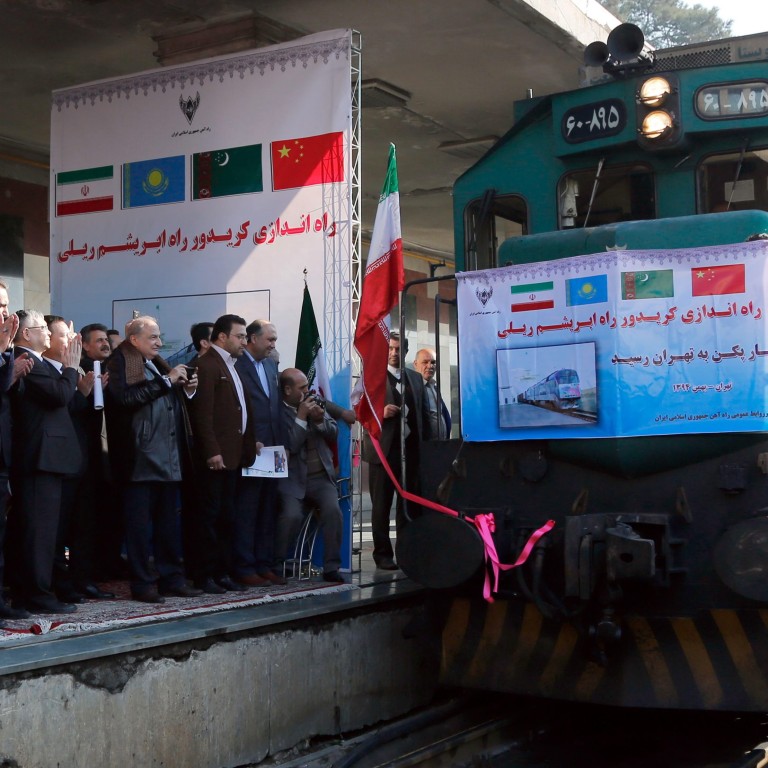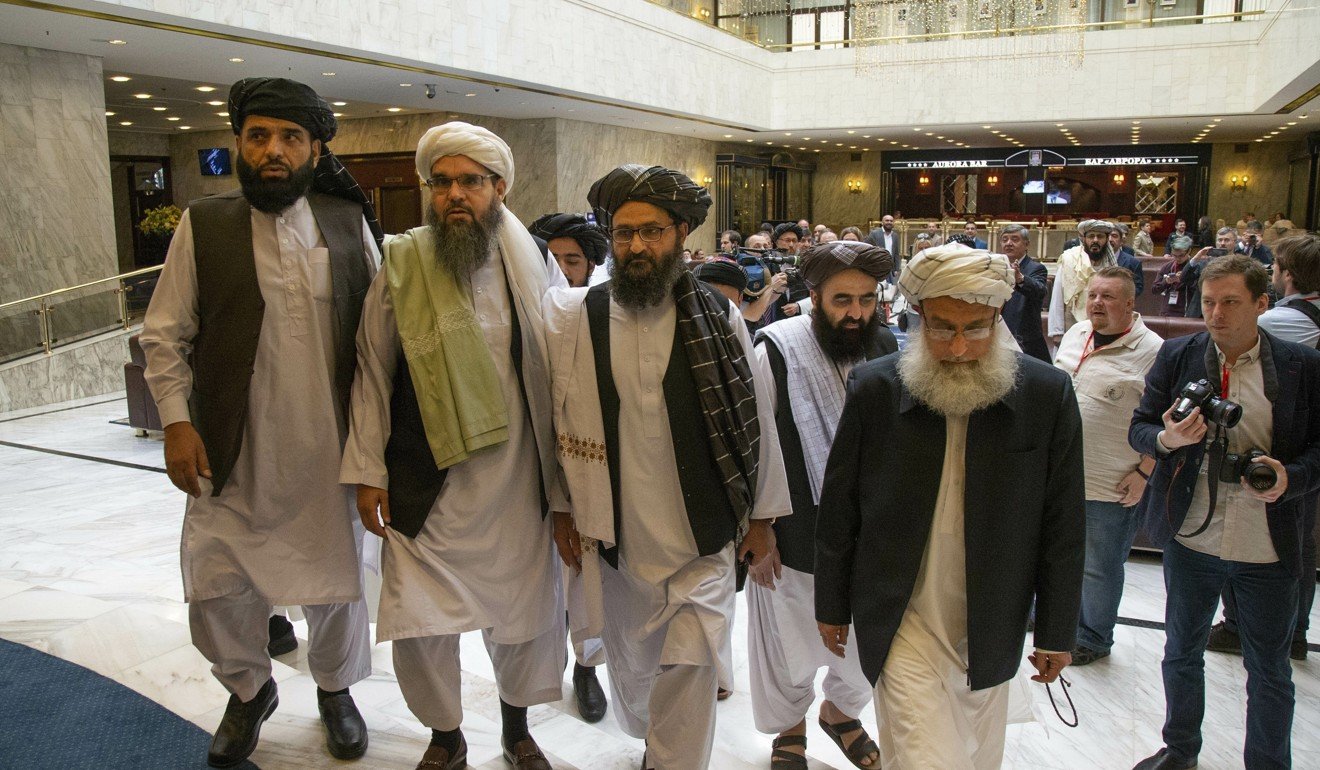
Why Iran has got China wrong: Beijing will follow its own playbook in countering the US-led West
- While regional players like Iran seek to bring China into the conversation as an ally, Beijing continues to rely on the rhetoric of non-interference
- China is focused single-mindedly on its own interests and set to get stronger as a result
The clear suggestion was that Iran was showing it had a strong ally in Beijing. The axis of convenience against the West was bringing Tehran firmly into its bosom.
Reported in similar terms by both the Saudi and Chinese state media (the Belt and Road was only mentioned in Xinhua’s read-out and the Saudi statement was far more aggressive), the phone call was a decorative effort highlighting the importance of the bilateral relationship and China’s desire for events not to escalate.
And, while Beijing seemed eager to not engage, Iranian sources appeared to deny the existence of the supersized investment. On Friday, an interview emerged with the head of money and capital markets at the Tehran Chamber of Commerce stating that he had not heard anything about it.
Furthermore, Iran’s oil minister Bijan Namdar Zanganeh denied the rumours, bluntly saying, “I have not heard such a thing.” In fact, the discussion in Tehran at the moment around China is about how long the Bank of Kunlun will be able to continue to be a lifeline of sorts for the country.
Owned mostly by the China National Petroleum Corporation, the bank is a Xinjiang institution that has long served as a conduit for financial relations between China and Iran. As the rest of the world severed its links to Tehran, Kunlun has kept a connection going. The bank has faced some pressure, falling into the US Treasury Department’s sights, leading the bank to try to downplay its relations for fear of damaging repercussions for parent institution CNPC.
Iranian oil emerges as a new source of tension in US-China trade war
The result has been a paring back of financial relations between the bank and Iran, with the maintenance of only a few lines of credit focused specifically on non-sanctioned goods.
Rather, the Iranian announcements have the ring of similarity to previous announcements to have emerged from Moscow, as its relations with the West went downhill.
Again, this was not a moment without some irritation for Beijing. While China never condemned Russia’s actions in Ukraine, it was not best pleased, keeping its comments sparse. China is not keen on major disruptions to international affairs, like the attack in Saudi Arabia, especially ones which might have repercussions for Beijing.
The question, then, is whether China is hostage to disruptive powers like Iran and Russia, or whether Beijing is, in fact, gaining the upper hand.
China's role in joint drill with Iran, Russia limited to non-combat forces
To better understand this, it is important to note another event over the weekend that ties the three countries together – the Taliban negotiating team’s visit to Beijing after stops in Moscow and Tehran.

Yet, it is equally possible that Beijing has factored both of these realities in and is actually happy to bolster alliances against the US.
In terms of China’s unavoidable responsibilities, this is something that has been on the cards for some time, and yet Beijing has yet to really demonstrate a requirement to have to step in.
Tehran may think that it is hustling Beijing into showing its hand in its favour, [but] it is China that is most likely to emerge strengthened
Instead, China continues to call on the rhetoric of non-interference to simply let things play themselves out, focused single-mindedly on its own interests. Rather than taking on the activist West at its own game, China appears to be crafting its own playbook.
And while Tehran may think that it is hustling Beijing into showing its hand in its favour, the reality is that it is China that is most likely to emerge strengthened from this geopolitical dance.
Raffaello Pantucci is director of international security studies at the Royal United Services Institute in London

